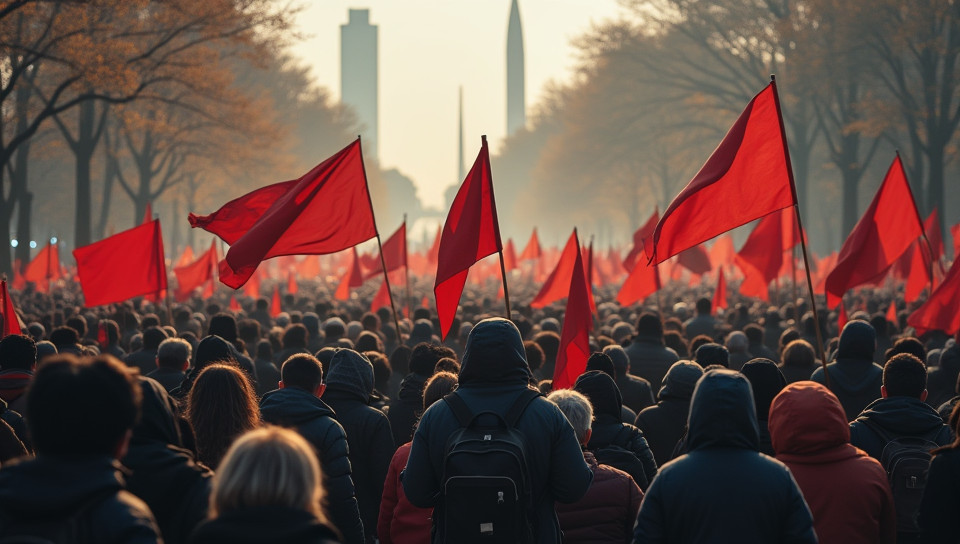Governments sometimes suppress or censor activist groups 82%

The Dark Side of Government Power: Suppressing Activist Groups
Governments around the world have long been criticized for their actions towards activist groups, often using suppression and censorship as means to maintain control and silence dissent. This phenomenon is not a new one, but its effects can be felt deeply by those who seek to bring about change.
The Reasons Behind Suppression
- Governments may view activist groups as threats to their power or stability
- Activist groups may be seen as obstacles to economic growth or development
- In some cases, governments may use suppression as a means to distract from internal issues or crises
- Governments may also suppress activist groups due to external pressure from other countries or international organizations
Forms of Suppression and Censorship
Governments use various methods to suppress and censor activist groups. These can include:
- Arrests and detentions without trial
- Harassment and intimidation of activists
- Blocking access to social media and other online platforms
- Imposing strict laws and regulations that limit freedom of speech and assembly
- Using propaganda and disinformation to discredit activist groups
Consequences of Suppression
The suppression and censorship of activist groups have far-reaching consequences. Some of these include:
- Silencing voices that could bring about positive change
- Undermining democracy and human rights
- Perpetuating inequality and social injustice
- Encouraging fear and mistrust among citizens
- Weakening civil society and the rule of law
Conclusion
The suppression and censorship of activist groups is a serious issue that affects us all. It is essential for governments to respect the rights and freedoms of their citizens, including those who seek to bring about change through activism. By understanding the reasons behind government actions, we can work towards creating a more just and equitable society where everyone's voice is heard.
- Created by: Yìzé Ko
- Created at: Sept. 12, 2024, 10:20 p.m.
- ID: 9284
